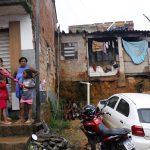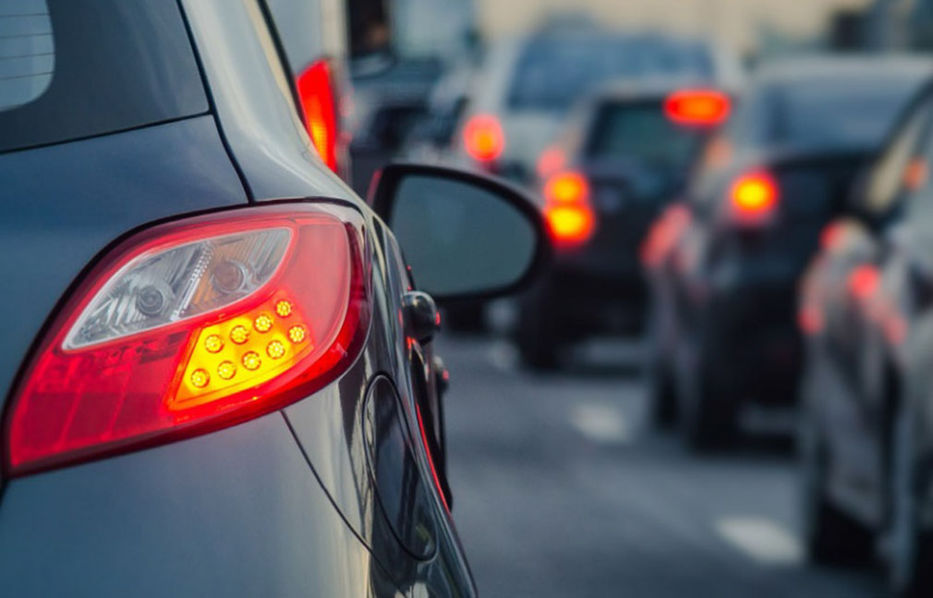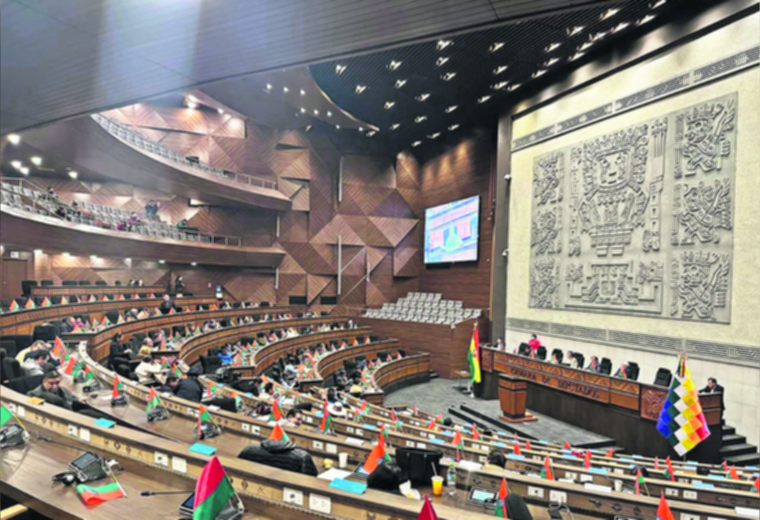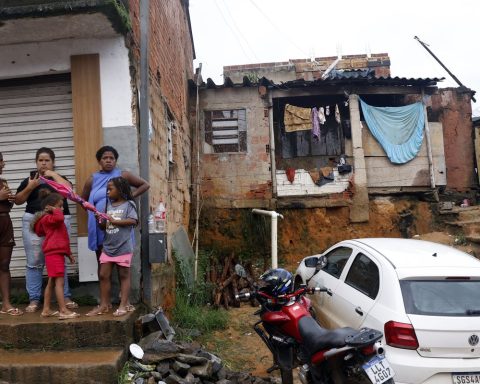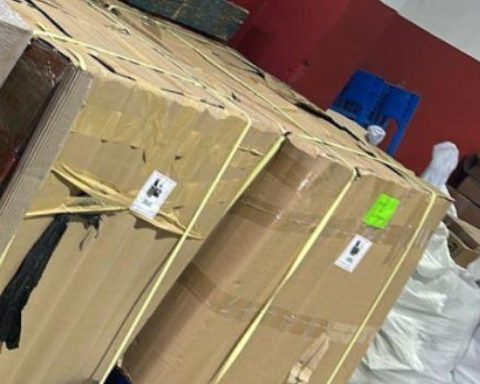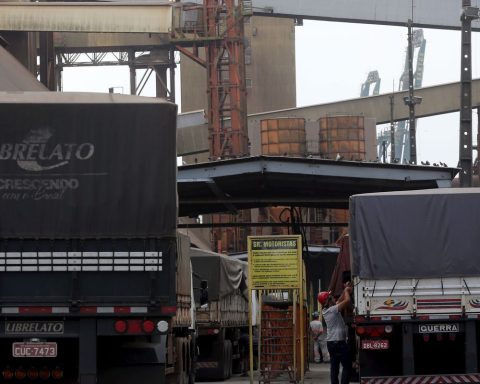In commemoration of the fifth anniversary of the massacre called “Operation Cleanup”, perpetrated by the dictatorship of Daniel Ortega and Rosario Murillo against the Nicaraguan population, the former secretary of the Inter-American Commission on Human Rights (IACHR) Paulo Abrao He denounced that during that onslaught, countless crimes were committed that constitute crimes against humanity, for which the regime must be held accountable “sooner or later.”
In the forum Crimes against humanity in Nicaragua: Operation Cleanup, organized by Fundación Arias, the human rights defender explained that “in the framework of international human rights law, any atrocity or crime of an inhuman nature that It is exactly part of a widespread and systematic attack against the civilian population.
Abrão pointed out that, during his stay in Nicaragua as part of the IACHR defenders, it was possible to document that the Ortega regime “shot to effectively kill people”, likewise, other cases of human rights violations were recorded, such as reports of sexual violence, practices of torture, arbitrary arrests and persecution of citizens who were sheltered in the barricades or roadblocks.
Related news: Ortega’s “Operation Cleaning”, a “bloody, mourning and suffering” stage for Nicaraguans
In this sense, the Brazilian lawyer assured that all the crimes committed during “the cleanup operation” constitute crimes against humanity and from that massacre, the Ortega regime imposed a State of terror in Nicaragua. In addition, he stressed that the human rights violations were against the population and it was an action committed from the country’s own state and party structure.
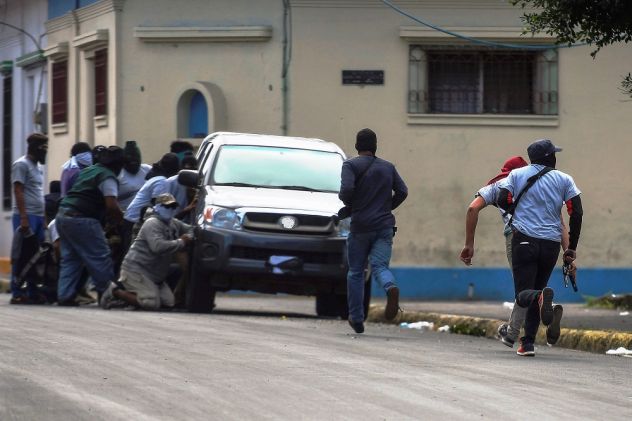
“The fundamental characteristics of the way in which the clean-up operation occurred and was implemented are crimes against humanity, because it meets each of the formal requirements of international human rights law that characterizes these crimes against humanity,” stressed the lawyer.
Weapons of war in the hands of the repressive apparatus of the regime
For his part, the retired Major Roberto Sacam assured that indeed the police and paramilitaries, subordinate to the Sandinista government, used weapons of war during the bloody cleanup operation in 2018.
The ex-soldier pointed out that the dictatorship, during the massacre, had retired high-ranking officers with a lot of experience during the 1980s war.

It also explained that in the cleanup operation the police and paramilitaries used “AKMS assault rifles, AK-47 German version, AK-47, M-16, FAL, G-3, AK-103, AR-15, heavy machine gun PKM, RPK light machine gun, Dragunov sniper rifles, M-24 SWS rifles, catatumbo rifles, RPG-7 rocket launcher, M-79 grenade launcher, Mossberg 12 gauge shotguns, Remington 12 gauge shotguns and Maverick 88 12 gauge shotgun.
For Sacam “this is where the magnitude of this crime against humanity can be perceived” because the weapons used in this operation were war weapons, mostly support weapons for infantry troops.
Sooner or later Ortega and his henchmen will be judged
On the other hand, Paulo Abrão highlighted that crimes against humanity are imprescriptible, which means that the Ortega regime and its accomplices can be investigated and punished at any moment or time.
“There is no statute of limitations for these crimes and they cannot be the object of amnesty either, which is another type of very serious violation that happened in Nicaragua, it is not possible to provide forms of appeal for the responsibilities established by international law in matters of crimes against humanity. . So it is a legally open issue in the country because we know that until today we live in a state of profound impunity,” he said.
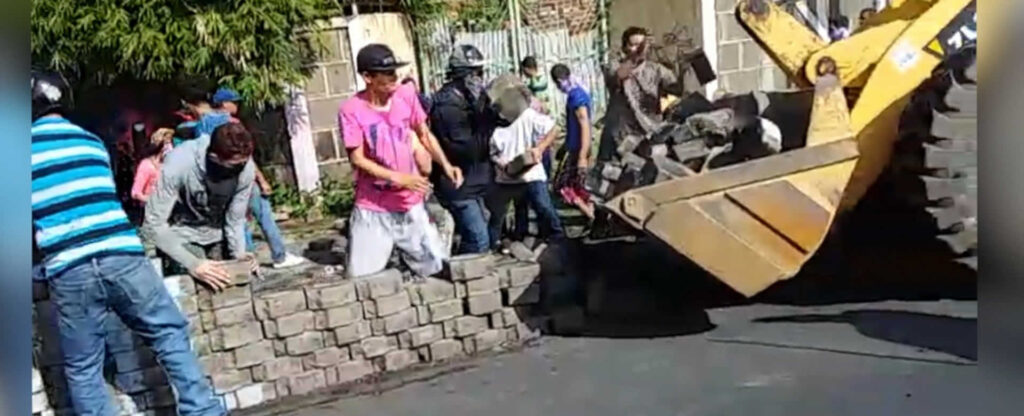
“We do not know when justice will be done, but the fact that we have documented and characterized the violations as crimes against humanity through international bodies for the protection of human rights offers the society that has been suffering these consequences a horizon of justice,” added.
The repressive day was carried out between mid-June and mid-July 2018. Ortega’s shock forces murdered more than 180 Nicaraguans, who died fighting for the freedom of Nicaragua.
The Ortega shock groups attacked roadblocks and barricades that the population had in Managua, Jinotepe, Diriamba, Masaya, Monimbó, Sébaco, Matagalpa, San Pedro del Lóvago, Santo Tomás, El Tule, Rivas, Morrito and other municipalities in the country.






